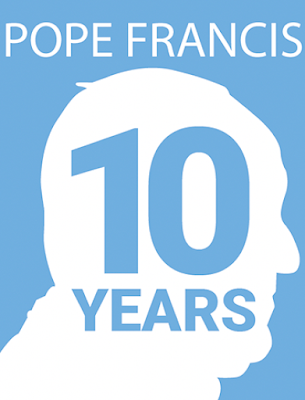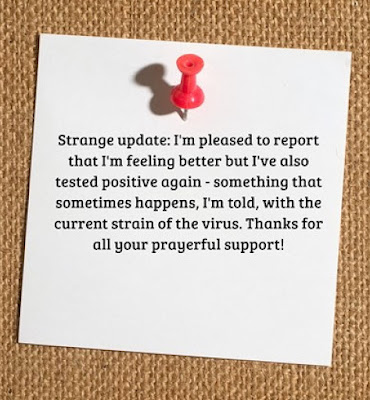In the past few months, there have been many assessments of the Bergoglio papacy—some lauding its fruitfulness, others bemoaning the lack thereof. If one’s primary concern about the Church today is access to the pre-conciliar liturgy, or pre-conciliar attitudes about ecumenism and interreligious dialogue, or a rigid interpretation of the Church’s moral tradition when it comes to sexual ethics but not to social ethics; if one fears a Church in dialogue with the world or fears a hierarchy that listens to its own flock; if one wants to be certain that the sacraments be exclusively offered to the saintly or fears any greater inclusion of laity, especially women, in co-responsible roles in the Church—then the Francis pontificate has been an outright disaster. That is supposedly how a cardinal, once a close collaborator of Francis, described this decade in a posthumously released commentary.
If, however, one has been inspired by the fact that the cardinals selected a Bishop of Rome from the “ends of the world,” a pope who chose the name of Francis in remembrance of the saint of the poor, of creation, and of peace; if one is grateful for relief from the imposition of Tridentine rubrics and pre-conciliar liturgical fashion by young clerics; if one is enthusiastic about the reintroduction and reimagination of synodality in the West; if one prefers a pope who washes the feet of women, Muslims, prisoners, and who brings refugees on board papal flights and invites them to live in the Vatican; if one nods in agreement with the idea that the Church is supposed to form consciences and not replace them; and if one rejoices to see accompaniment and discernment as the proper approach to those who lives are not fully reflective of the Church’s teachings—then it is hard to consider these ten years as anything but a successful beginning.





